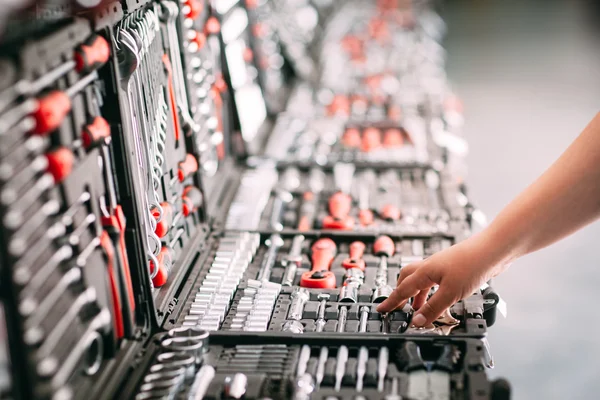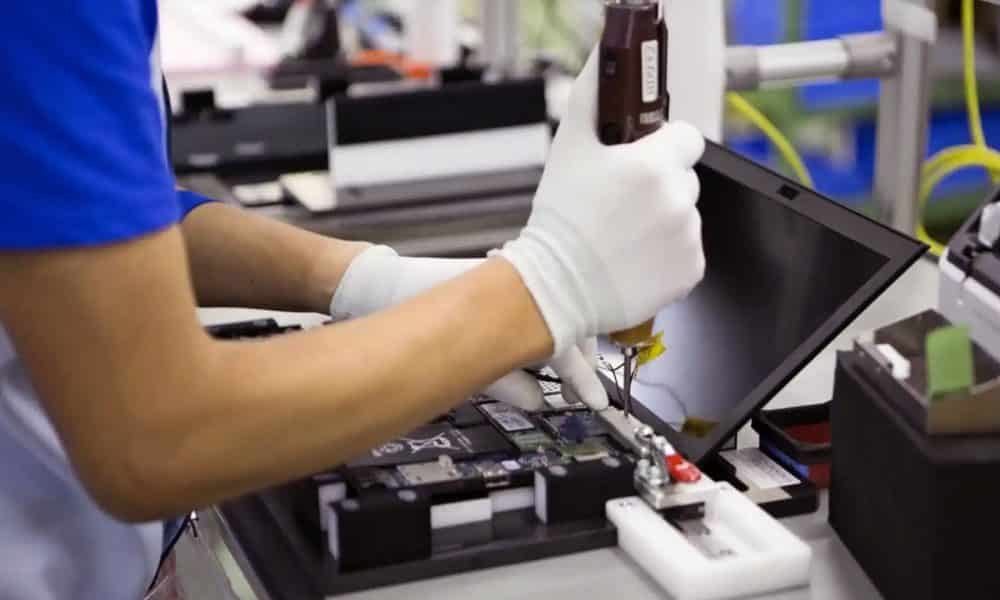Artificial intelligence (AI) and machine learning (ML) have become increasingly popular in recent years. These technologies are used in a wide range of applications, from self-driving cars and virtual assistants to fraud detection and medical diagnosis. However, AI and ML require a tremendous amount of computing power, making it difficult for traditional CPUs to keep up with the demands of these applications. This is where hardware accelerators come in.
What are Hardware Accelerators?

Hardware accelerators are specialized computing devices that are designed to perform specific tasks more efficiently than a traditional CPU. These devices are optimized for certain types of applications and use specialized architectures to speed up processing times. Some common types of hardware accelerators include GPUs, FPGAs, and ASICs.
The Benefits of Hardware Accelerators for AI and ML Applications
Hardware accelerators offer several benefits for AI and ML applications, including:
- Increased Speed: Hardware accelerators can perform computations much faster than traditional CPUs, which is essential for processing the large amounts of data required for AI and ML applications.
- Improved Efficiency: Hardware accelerators are designed to perform specific tasks more efficiently than traditional CPUs, which can help reduce power consumption and improve overall system performance.
- Scalability: Hardware accelerators can be easily scaled up or down depending on the needs of the application, which makes them ideal for handling large datasets.
Popular Hardware Accelerators for AI and ML Applications
There are several popular hardware accelerators that are commonly used for AI and ML applications:
GPUs:
Graphics processing units (GPUs) were originally designed for rendering graphics in video games but have since become popular for AI and ML applications. GPUs are highly parallelized, which allows them to perform many calculations simultaneously, making them ideal for processing large amounts of data in parallel.
FPGAs:
Field-programmable gate arrays (FPGAs) are highly customizable hardware accelerators that can be programmed to perform specific tasks. FPGAs are ideal for applications that require low latency and high throughput.
ASICs:
Application-specific integrated circuits (ASICs) are highly specialized hardware accelerators that are designed for specific tasks. ASICs offer high performance and energy efficiency but can be costly to develop.
Hardware accelerators play a critical role in advancing AI and ML technologies. These specialized computing devices offer improved speed, efficiency, and scalability, making them ideal for handling the large amounts of data required for these applications. As AI and ML continue to evolve, hardware accelerators will become increasingly important for advancing these technologies and unlocking their full potential.








